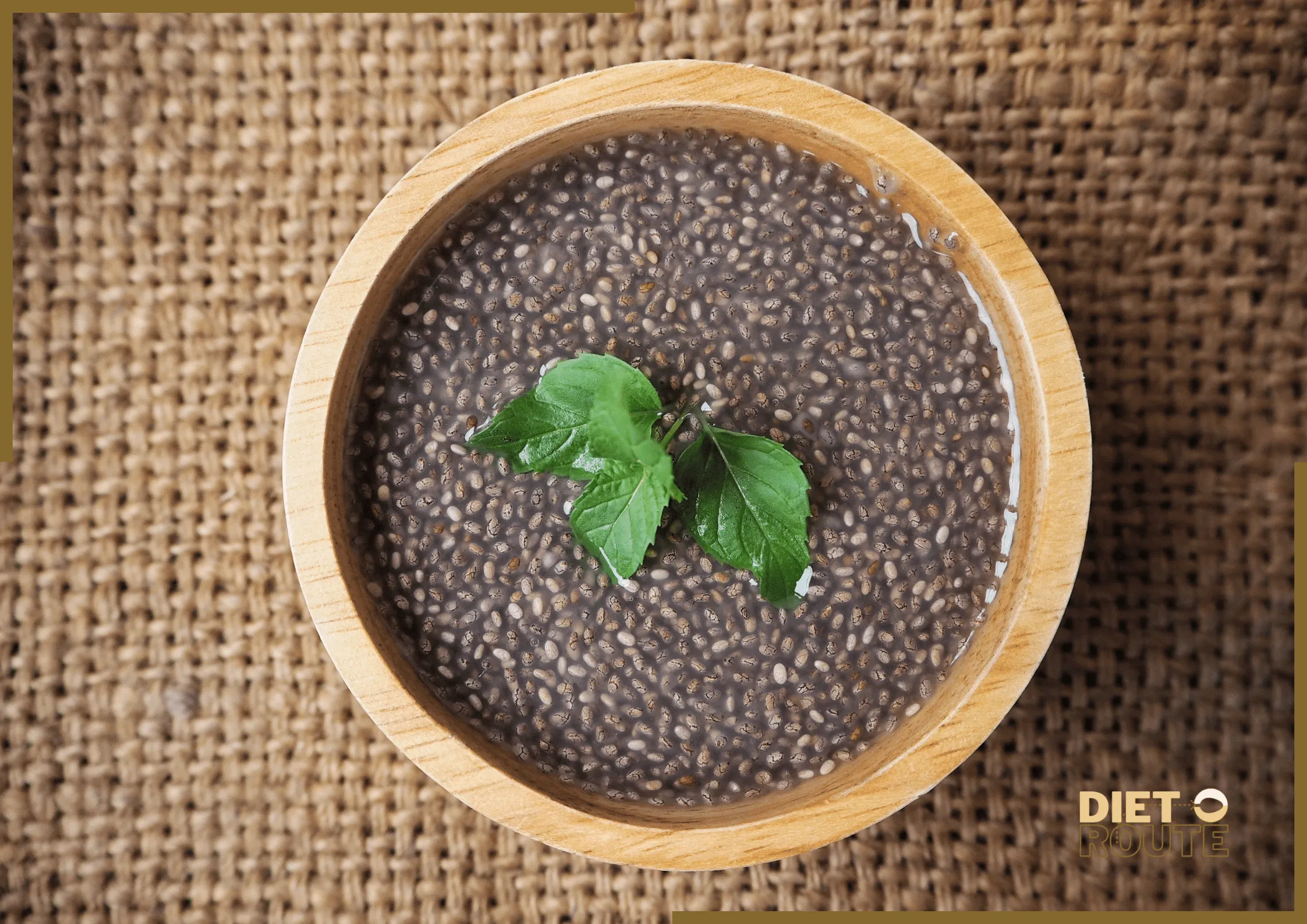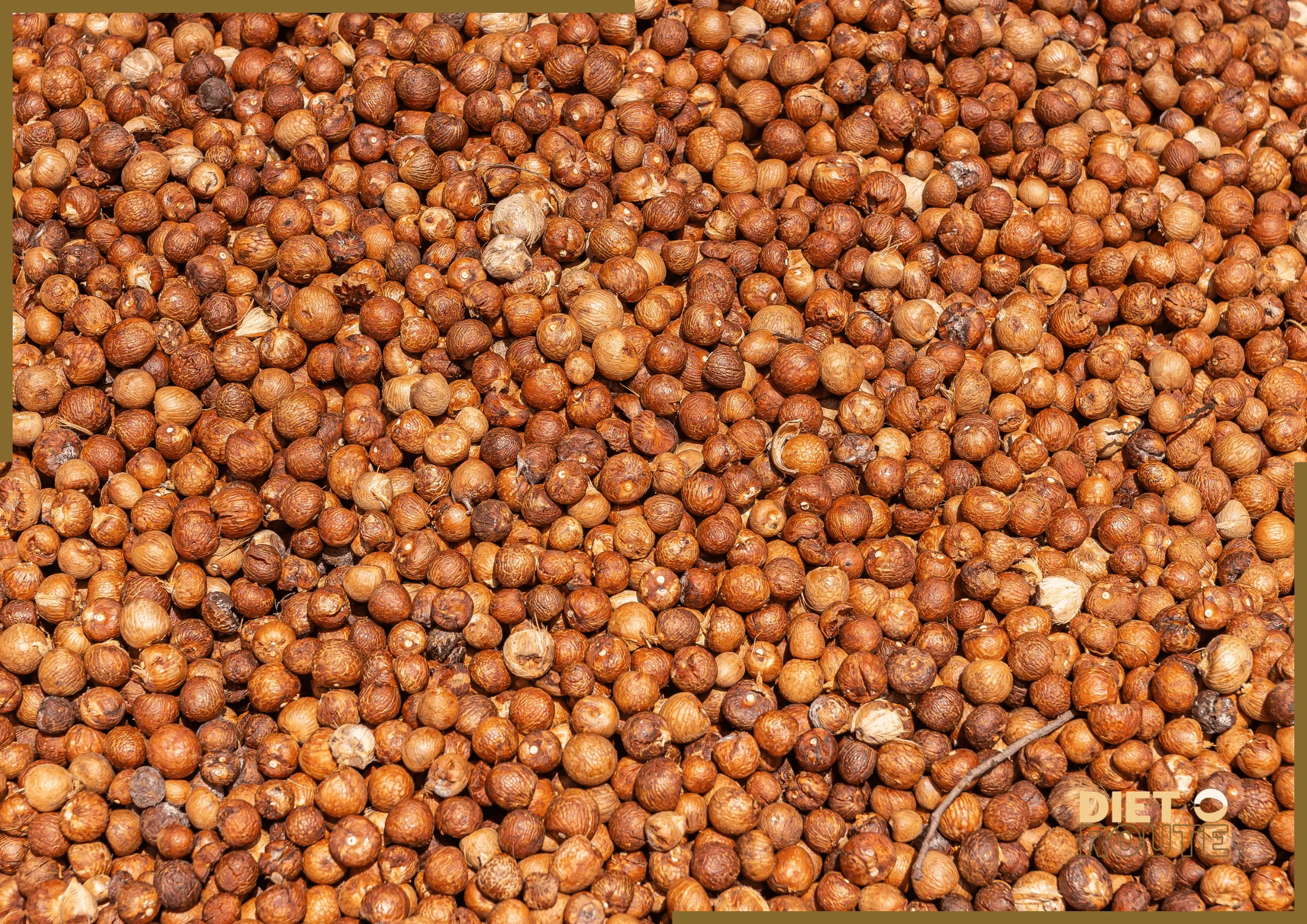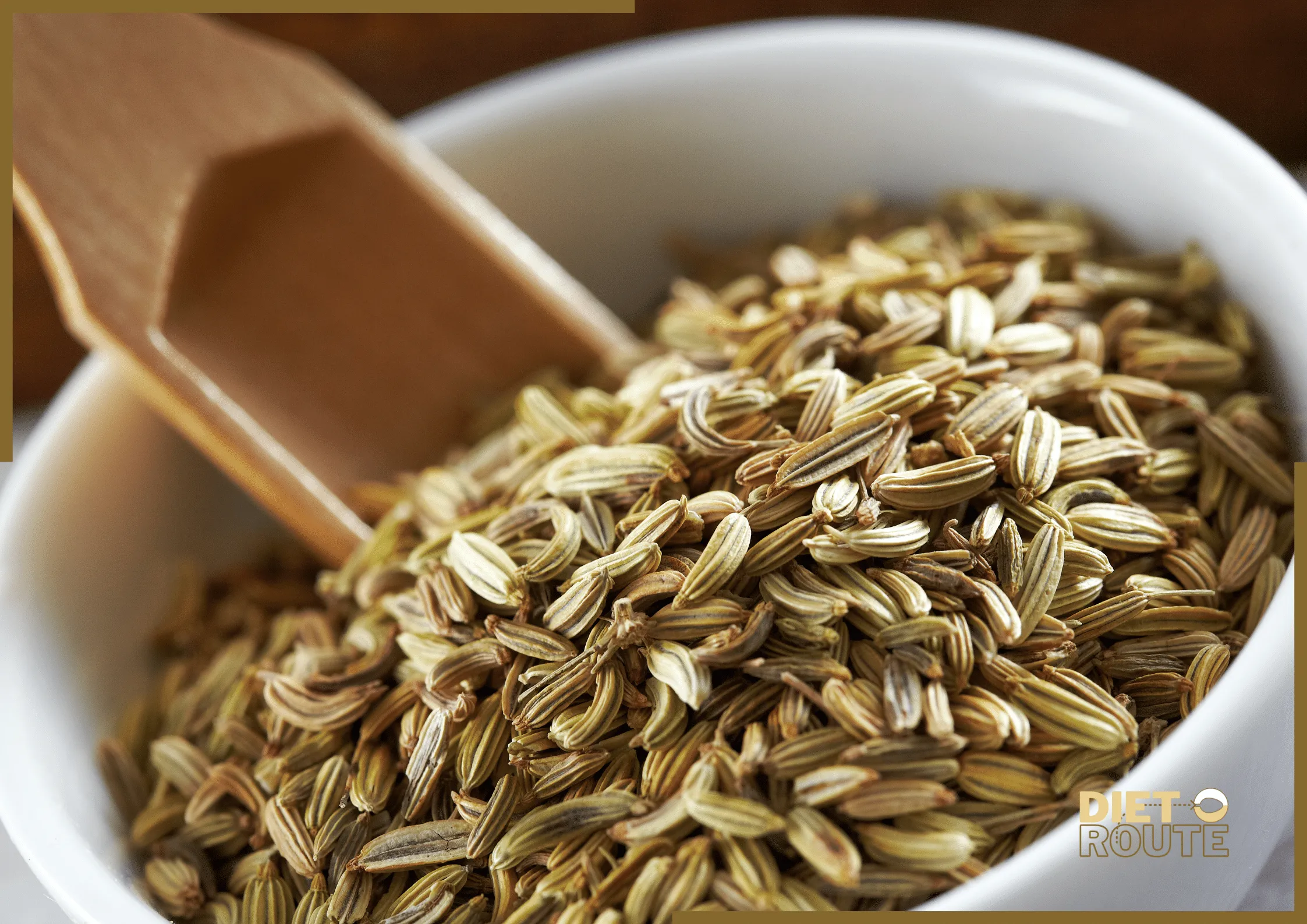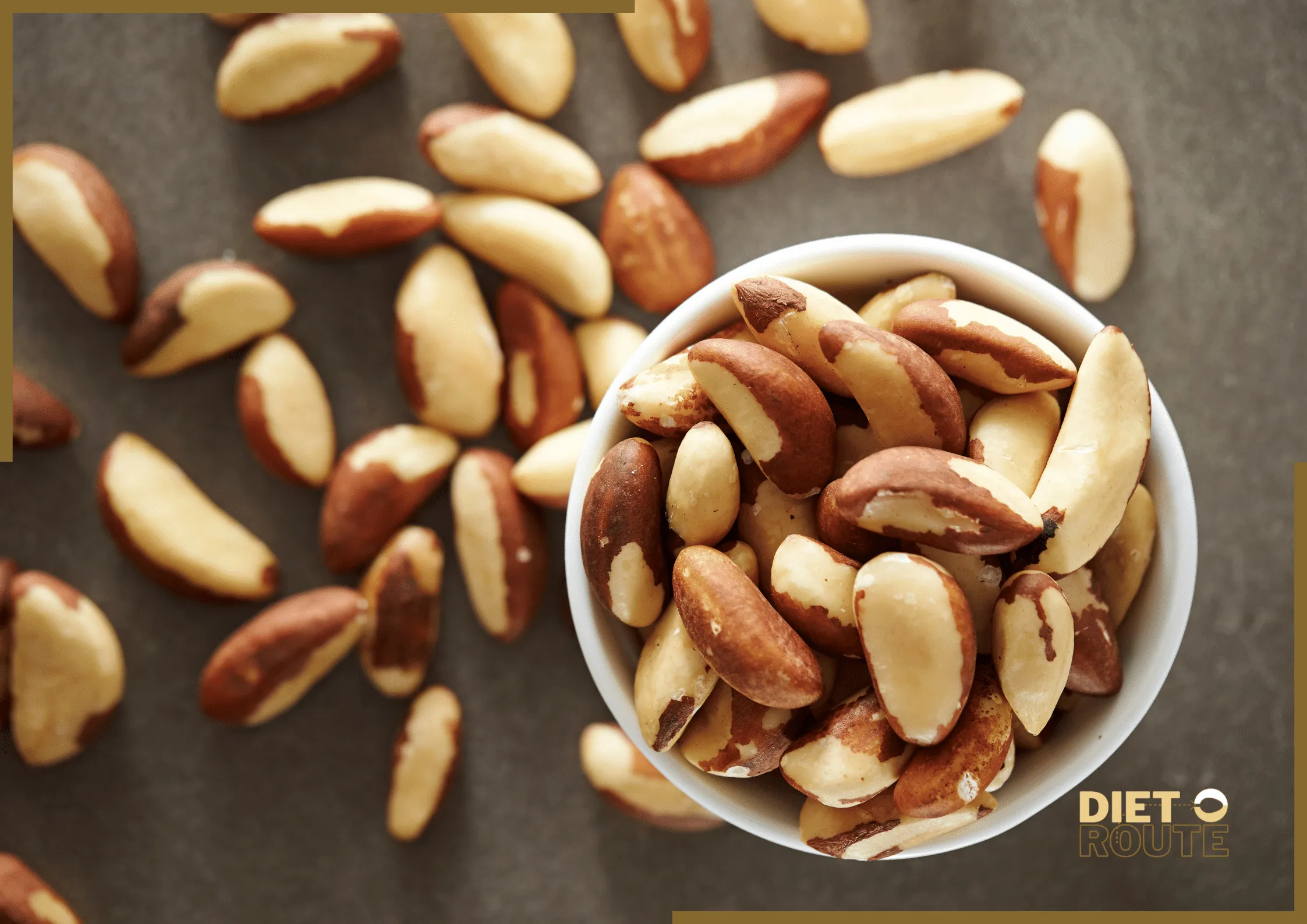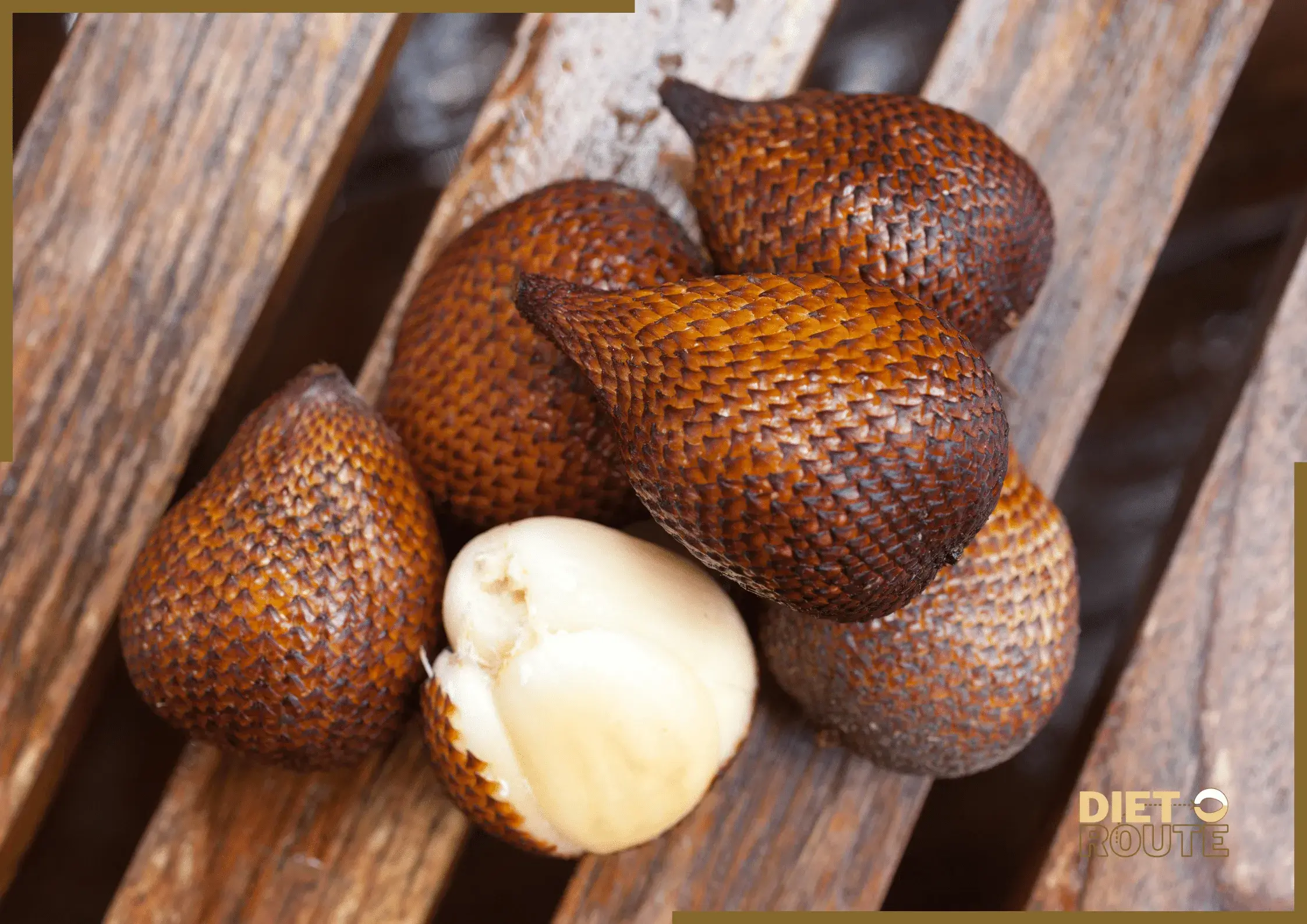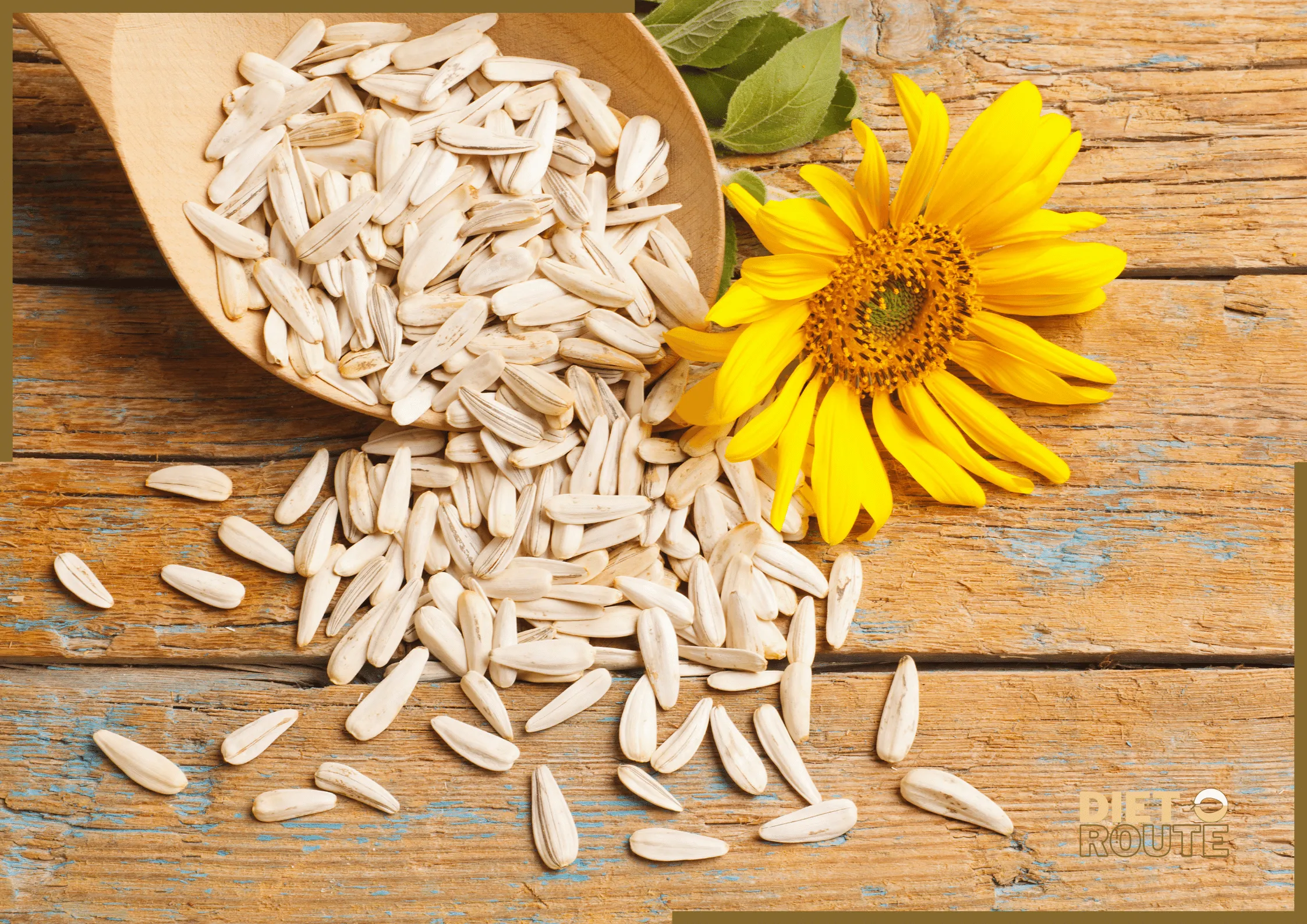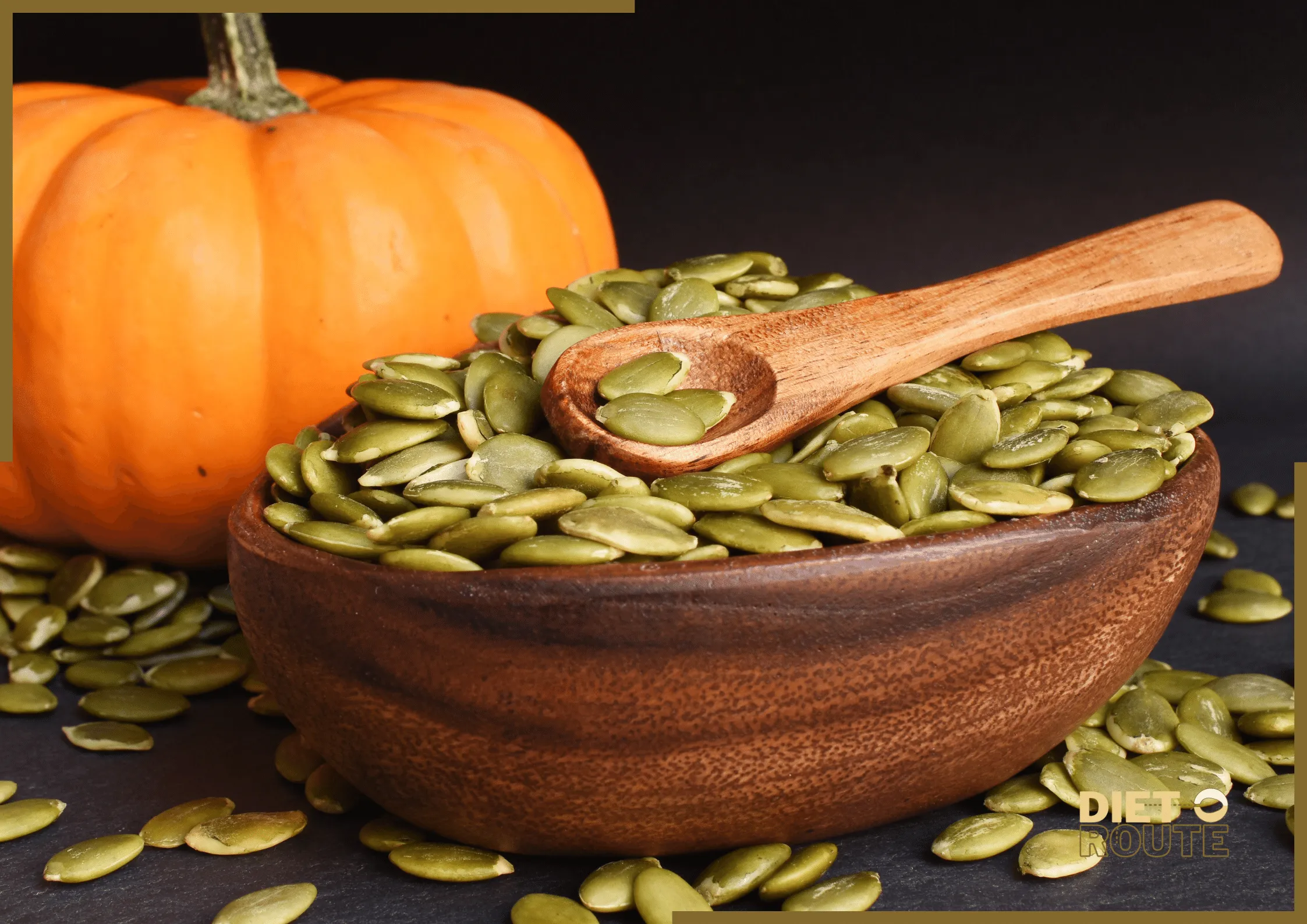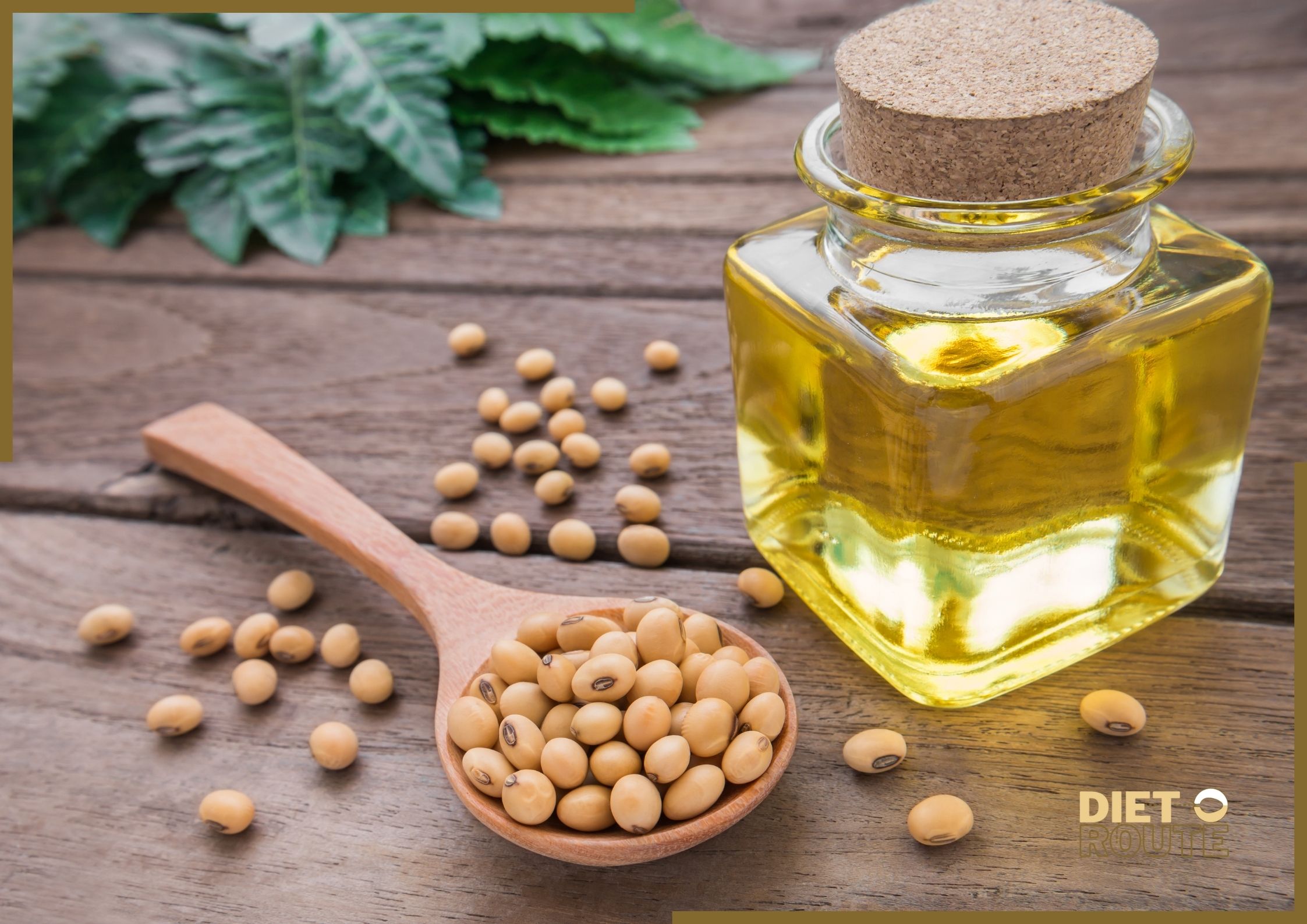Table of Contents
Introduction
The nutritional value and potential health benefits of chia seeds have made them increasingly popular in recent years. Chia seeds, derived from the Salvia hispanica plant, are highly versatile in a variety of culinary applications. This article presents a comprehensive analysis of the nutritional benefits of chia seeds in a tabular format. Additionally, we will discuss the advantages and disadvantages of consuming chia seeds and provide answers to frequently asked questions.
Nutritional Value Approximately 100g
The values provided are approximate can vary depending on the size and ripeness.
| Nutrient | Amount | % Daily Value |
|---|---|---|
| Calories | 486 | 24% |
| Total Fat | 30.7 g | 47% |
| Saturated Fat | 3.3 g | 16% |
| Trans Fat | 0 g | – |
| Cholesterol | 0 mg | 0% |
| Sodium | 16 mg | 1% |
| Potassium | 407 mg | 12% |
| Total Carbohydrate | 42.1 g | 14% |
| Dietary Fiber | 34.4 g | 138% |
| Sugars | 0.8 g | – |
| Protein | 16.5 g | 33% |
| Vitamin C | 0.6 mg | 1% |
| Calcium | 631 mg | 63% |
| Iron | 7.7 mg | 43% |
| Magnesium | 335 mg | 84% |
| Phosphorus | 860 mg | 86% |
| Omega-3 Fatty Acids | 17.8 g | – |
*Percent Daily Values (% DV) are based on a 2,000-calorie diet.
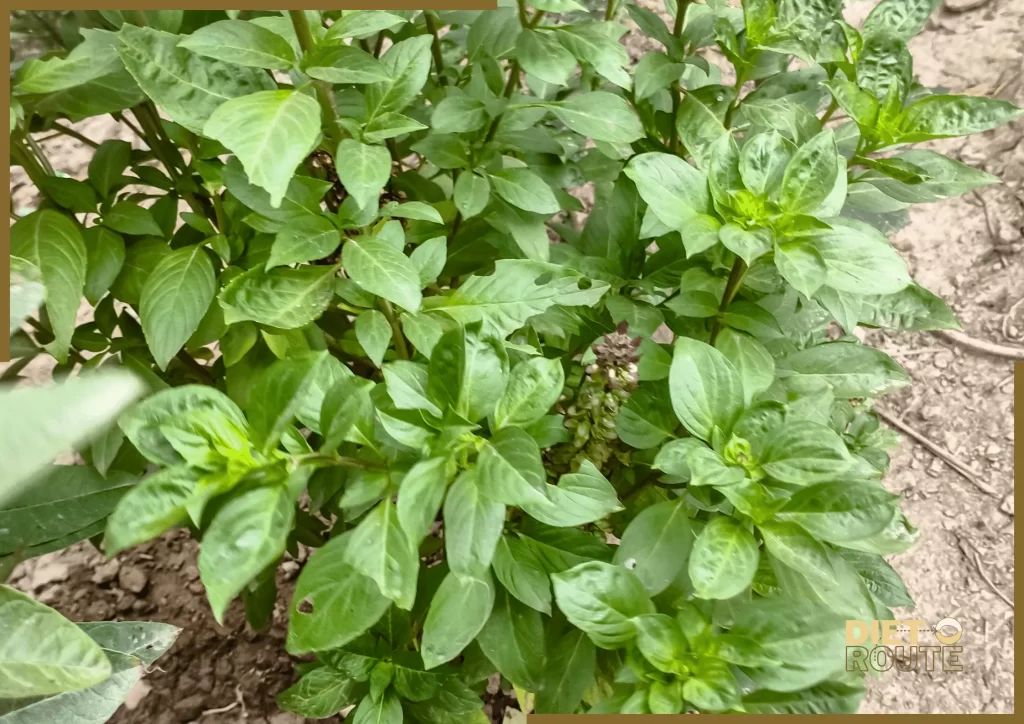
Pros
1.Chia seeds are a rich source of vital nutrients such as fiber, protein, calcium, iron, and magnesium, which can help improve your overall health and wellness.
2. They are a great source of omega-3 fatty acids, which are known to promote heart health, brain function, and inflammation management. They are among the richest plant-based sources of this essential nutrient.
3. They possess antioxidant properties that aid in safeguarding the body from oxidative harm caused by free radicals.
4. They offer digestive advantages due to their rich fiber content, which helps maintain healthy digestion, encourages regular bowel movements, and assists in weight control.
5. They have versatile usage and can be seamlessly integrated into a variety of dishes such as smoothies, puddings, baked goods, and as a topping for yogurt or cereal.
Cons
1. Large consumption of chia seeds may cause digestive discomfort, including bloating or gas, in some individuals. For optimal results, it is recommended to begin with smaller portions and gradually increase consumption, while also ensuring proper hydration.
2. While uncommon, a few individuals may experience allergic reactions to chia seeds. If you have a history of seed allergies, it is recommended to be cautious or seek advice from a medical expert before adding them to your diet.
3. These seeds have a high caloric density due to their fat content. Moderation is crucial to prevent excessive calorie intake, particularly for those who are focused on weight management, despite the fact that the fats are mostly healthy.
Frequently Asked Questions (FAQs)
1. Can chia seeds be included in a gluten-free diet?
They are an excellent choice for those on a gluten-free diet since they are naturally gluten-free.
2. Do chia seeds aid in weight loss?
They are a great source of fiber and can aid in promoting a feeling of fullness. Including them in a well-balanced diet, coupled with a healthy lifestyle, can aid in weight loss endeavors.
3. What is the best way to store chia seeds?
To keep these seeds fresh and avoid spoilage, it’s best to store them in a cool and dry location, ideally in an airtight container.
4. Are raw chia seeds safe to eat?
Raw consumption of these seeds is possible. These nuts offer a delightful, subtle nuttiness and a pleasant crunchiness.
5. Is it necessary to soak chia seeds before eating them?
Soaking these seeds in water or other liquids can improve their texture and aid in digestion, although it is not mandatory. They have the ability to absorb liquids and transform into a gel-like substance.
6. Do chia seeds have any possible drug interactions?
These seeds have the potential to interact with specific medications, especially those that thin the blood. Consulting a healthcare professional is recommended if you are currently taking any medications.
7. Are chia seeds safe for kids to consume?
Introducing these seeds gradually and considering age appropriateness is important when including them in a child’s diet. For specific recommendations, it is advisable to seek consultation with a pediatrician.
8. What are the culinary applications of chia seeds?
These are a versatile ingredient that can enhance the nutritional value of your meals. They can be incorporated into smoothies, oatmeal, yogurt, baked goods, and even used as an egg substitute in vegan recipes.
9. What are the precautions that pregnant women should take when consuming chia seeds?
They can be included in a well-balanced diet for pregnant women. It is recommended to seek guidance from a healthcare expert for tailored recommendations according to personal situations.
10. Where to purchase chia seeds?
You can easily find these seeds at your local grocery stores, health food stores, or online retailers. Make sure to select trustworthy brands that provide premium quality seeds.
In a Nut Shell
Chia seeds are a highly nutritious food, packed with essential nutrients such as fiber, protein, healthy fats, and minerals. These have multiple health advantages, including aiding heart health, enhancing digestion, and offering antioxidant defense. It is crucial to consume these seeds in moderation and remain mindful of any possible allergies or digestive discomfort for optimal health benefits. These seeds are a valuable addition to a balanced diet due to their versatility and high nutrient density. It is recommended to seek guidance from a healthcare professional or registered dietitian to personalize the incorporation into your dietary requirements.
